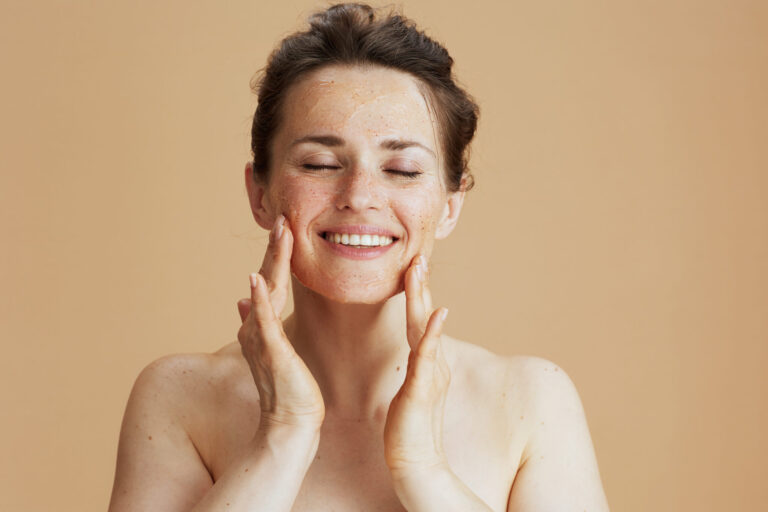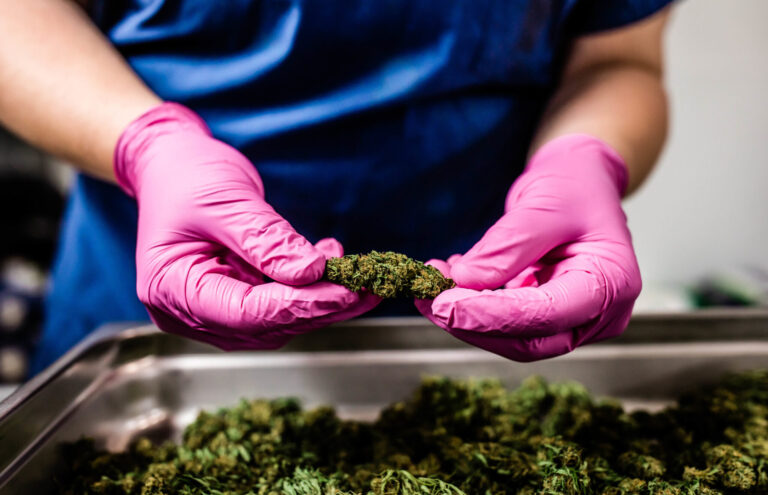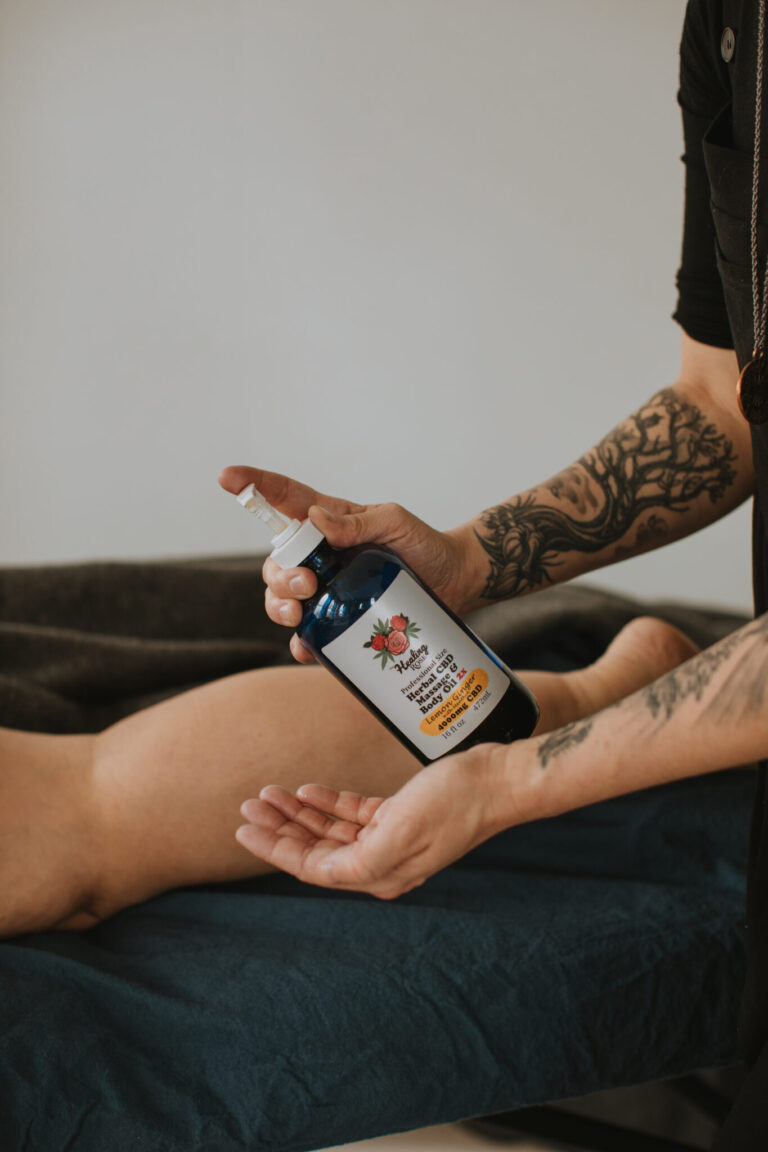
 It may seem that cannabidiol (CBD) is everywhere these days. Since Congress passed the Agriculture Improvement Act of 2018 legalizing the cultivation and production of industrial hemp and its non-intoxicating constituents, CBD has been at the vanguard of the movement for legalized weed. For millions of people, CBD was a first introduction to hemp and hemp-derived substances, even as cannabis remained illegal in the majority of states.
It may seem that cannabidiol (CBD) is everywhere these days. Since Congress passed the Agriculture Improvement Act of 2018 legalizing the cultivation and production of industrial hemp and its non-intoxicating constituents, CBD has been at the vanguard of the movement for legalized weed. For millions of people, CBD was a first introduction to hemp and hemp-derived substances, even as cannabis remained illegal in the majority of states.
Despite its prevalence and broad familiarity, consumers still have many questions about CBD. The Hemp Handbook from The Healing Rose is here to answer all your essential questions.
What is CBD, and how does it affect my body?
CBD is one of two major cannabinoids present in hemp and cannabis plants. Hemp is a cultivar of Cannabis sativa, a plant family originally cultivated in Eastern Asia for industrial, recreational, medicinal and ceremonial purposes, including rope making, smoking, and spiritual gatherings. Hemp is still produced for all of these uses plus many more in today’s world.
Cannabinoids interact with the body’s endocannabinoid system, a system “responsible for partial regulation of cognitive and emotional processes in the human central nervous system” (Urol, 2021).
Endocannabinoid CB1 and CB2 receptors are located throughout the body in organs, glands and connective tissue. CB1 receptors are primarily found in the brain, as well as the lungs, liver, and kidneys. CB2 receptors are found primarily in the immune system.
Because this system of receptors is spread throughout the body, CBD and other cannabinoids can produce mood and emotional effects as well as impact other bodily systems and health outcomes, such as pain and inflammatory response.
Is CBD legal?
CBD derived from hemp with less than 0.3% THC is federally legal under the 2018 Farm Bill, but individual states have their own regulations. Almost all states have legalized CBD for medical or recreational use, though some states, like Idaho, require products made with CBD to contain 0% THC. Other states, like Massachusetts where The Healing Rose is based, legalized cannabis prior to the 2018 farm bill, and allow for CBD products containing 0.3% or less THC.
Will CBD get me high?
No, CBD will not get you high. CBD is non-intoxicating, meaning it does not produce the high associated with THC, though it may have calming or mood-enhancing effects.
Many users of CBD report that it makes them feel relaxed.
Preliminary research and anecdotal reports suggest that CBD may help alleviate symptoms related to anxiety, insomnia, discomfort, GI discomfort, arthritis and inflammation. However, more studies are needed to fully understand these effects.
Endocannabinoid receptors located in joints and connective tissue are believed to play a role in managing inflammation, and some users report reduced inflammatory responses when using CBD products. For this reason, CBD can be found in many topicals and tinctures, including our best-selling Lemon Ginger Salve. You can view our Topicals here, Tinctures here, and Bath Soaks here.
Why are products with CBD so popular?
CBD is popular for several reasons, but perhaps the most important is that it allows users to experience the benefits of the hemp plant without getting high.
Cultures around the world have used hemp and cannabis for thousands of years to invoke community, address anxiety, and treat pain. For millennia, the intoxicating effects of cannabis were inseparable from its therapeutic benefits.
Today, modern technology allows producers to extract and isolate specific cannabinoids like CBD from the hemp flower.
What is the difference between broad spectrum and full spectrum CBD?
CBD products on the market today are offered as broad spectrum or full spectrum. Broad spectrum products are free from THC, which is removed during processing. Broad spectrum products are best for consumers who want to avoid THC entirely.
Full spectrum products, on the other hand, may contain trace amounts of THC – up to 0.3%. Even at this level, a user will not experience intoxicating effects. Full spectrum products will include all naturally-occurring terpenes and cannabinoids present in the plant.
What is the best way to use CBD?
That will depend on your personal goals! CBD can be safely ingested, applied to the skin, or used on other parts of the body. Many people use CBD as part of their daily routine, while others use it only occasionally for serious aches and pains.
Many sufferers of joint & muscle discomfort, or skin inflammation seek out topicals like Salves, Lip Balms, or Roll On Oils for on-the-go relief. Professional massage therapists may offer CBD Infused Massage & Body Oil treatments to enhance relief and relaxation during a massage.
For gut trouble or sexual discomfort, consumers often seek out direct applications like suppositories, as well as under-the-tongue consumables like our tinctures.
Another wonderful way to experience CBD is in conjunction with other cannabinoids. The entourage effect refers to the idea that cannabinoids and terpenes work better together than in isolation, potentially enhancing the overall therapeutic effects. Read about the entourage effect and minor cannabinoids CBG and CBN in previous installments of the Hemp Handbook
Where can I find products made with CBD?
CBD products are widely available online and in dispensaries nationwide. Because the hemp and cannabis markets are regulated differently in each state, it is important to trust the manufacturer of the products you are buying. Examine ingredients lists before purchasing products containing CBD.
The Healing Rose publishes our lab results for all products and extracts publicly, and is committed to using only certified organic, natural ingredients in our products. Visit our online storefront to explore our Organic Salves, Lip Balms, Bath Soaks, Body Oils, Tinctures, and more. We also welcome customers to stop by our physical location at 23 Hale Street, Unit H, Newburyport, MA Monday-Friday from 9am-5pm et.
Copyright © 2025 The Healing Rose All Rights Reserved.
Site by CannaPlanners



